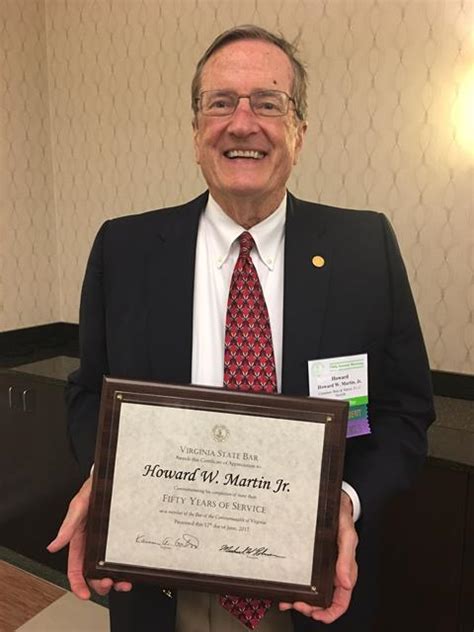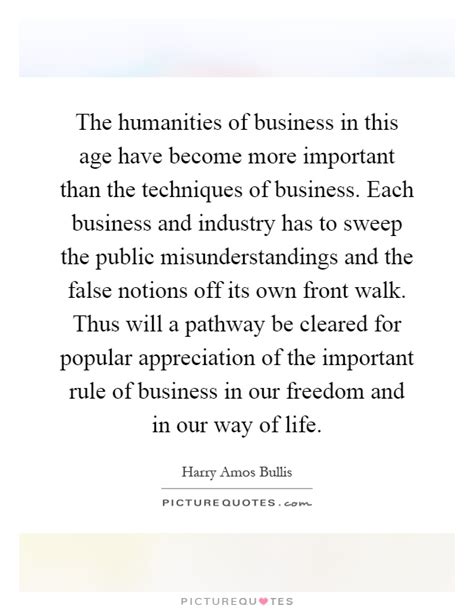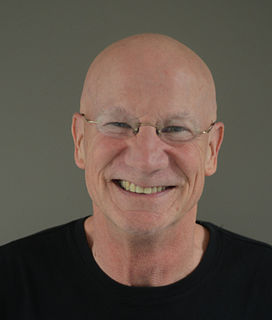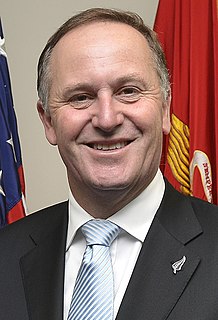A Quote by Malcolm Forbes
One cannot walk into an April day in a negative way. With spring, each man's plans and hopes result in new efforts, fresh actions. All of which has a mighty important bearing on the economy. There are those of us who think that the psychology of man, each and together, has more impact on markets, business, services and building and all the fabric of an economy than all the more measurable statistical indices.
Related Quotes
Today it's fashionable to talk about the New Economy, or the Information Economy, or the Knowledge Economy. But when I think about the imperatives of this market, I view today's economy as the Value Economy. Adding value has become more than just a sound business principle; it is both the common denominator and the competitive edge.
Every man is more than just himself; he also represents the unique, the very special and always significant and remarkable point at which the world's phenomena intersect, only once in this way, and never again. That is why every man's story is important, eternal, sacred; that is why every man, as long as he lives and fulfills the will of nature, is wondrous, and worthy of consideration. In each individual the spirit has become flesh, in each man the creation suffers, within each one a redeemer is nailed to the cross.
We simply cannot continue to live with a [tax] system which has so many inequities. It must be changed in such a way that each of us pays a fair share of the burden. It has been said that one man's loophole is another man's livelihood. Even if this is true, it certainly is not fair, because the loophole-livelihood of those who are reaping undeserved benefits can be the economic noose of those who are paying more than they should.
Obviously, if Christianity is going to survive as more than a respecter and comforter of profitable inquiries, then Christians, regardless of their organizations, are going to have to interest themselves in economy-which is to say, in nature and in work. They are going to have to give workable answers to those who say we cannot live without this economy that is destroying us and our world, who see the murder of Creation as the only way of life.
The humanities of business in this age have become more important than the techniques of business. Each business and industry has to sweep the public misunderstandings and the false notions off its own front walk. Thus will a pathway be cleared for popular appreciation of the important rule of business in our freedom and in our way of life.
The impact of QE on generating more lending by Wall Street to Main Street and in generating more employment and increasing overall investment in the economy is quite modest. QE probably limited the initial collapse of the economy in 2008, and likely had a very small positive impact on economic growth, but its broader impact on jobs and growth in the economy seems not very big.
As the world is getting smaller, it becomes more and more important that we learn each other's dance moves, that we meet each other, we get to know each other, we are able to figure out a way to cross borders, to understand each other, to understand people's hopes and dreams, what makes them laugh and cry.
Encourage others each and every day-nothing's more important than our words. Did you know that, on average, each of us speaks about twenty-five thousand words daily? My last book didn't have that many words. A lot of language is flowing out of our mouths every day and having an impact on those around us. But how much of that flow is fulfilling God's intended purpose for our speech? How much of it reflects pride, rather than a gospel-motivated humility?
For complex reasons, our culture allows "economy" to mean only "money economy." It equates success and even goodness with monetary profit because it lacks any other standard of measurement. I am no economist, but I venture to suggest that one of the laws of such an economy is that a farmer is worth more dead than alive. A second law is that anything diseased is more profitable than anything that is healthy. What is wrong with us contributes more to the "gross national product" than what is right with us.
The ordinary man is living a very abnormal life, because his values are upside down. Money is more important than meditation; logic is more important than love; mind is more important than heart; power over others is more important than power over one's own being. Mundane things are more important than finding some treasures which death cannot destroy.
I think it is only natural that people have anxiety about the economy because the economy is real. It is their job, their ability to service their mortgage and look after their family. And in the final analysis, nothing is more important than your capacity as a breadwinner or an earner to provide for those that rely on you.



































